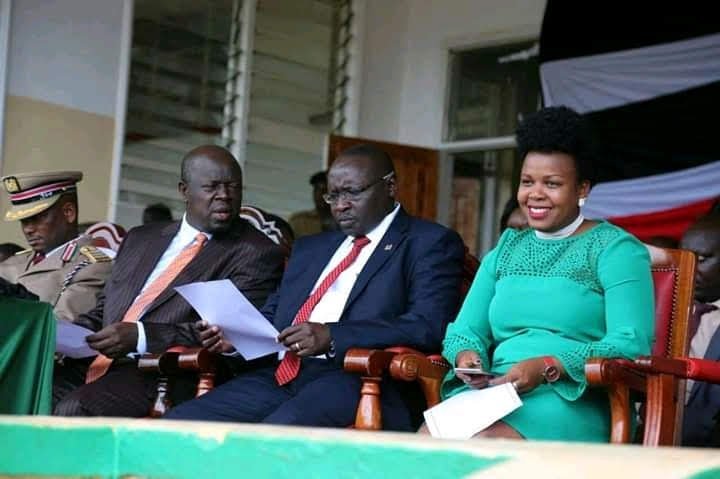
Ksh700,000,000 Public Funds was looted in Trans Nzoia County and channeled to ‘Powerful individuals’ accounts, a private investigations revealed.
The county officials paid themselves over Ksh700 Million and channeled through certain individual’s accounts. This was done in collaboration with Equity Bank on undisclosed account operated by certain powerful individuals.
On a single day, on 2nd January 2018, the total payment of about Ksh215 Million from an Equity Bank account was made to individuals without any deliverables. This same account was used to make illegal payments of Ksh21 Million on 4th August 2017 and Ksh65 Million on 3rd December 2017. This illegality was committed on several occasions where hundreds of millions were syphoned from this Equity Account to individual’s accounts.
To beat the daily bank withdrawal limit of Ksh1 Million set by Central Bank of Kenya (CBK), these individuals withdrew cash on 30th November, 2017 in tranches of approximately Ksh 900,000 over 80 times, totaling to about Ksh72 Million.
To help the residents of Trans Nzoia get value for money and streamlining of transparency in the said county, the following offices should take charge of their responsibilities and shed light on the above following the violations of
(a). Section 6 of the County Financial Accounting and Reporting Manual which requires that all payments be made through the Integrated Financial Management Information System (IFMIS); b). Section 43
(b] of The Government Financial Regulations 2015 which requires that an accounting officer shall ensure that public funds entrusted to their care are properly safeguarded and are applied for purposes for only they are intended and appropriated by the Assembly;
(c). Section 83. (1) of the PFM Regulation states that the County Treasury to be responsible for establishing sound cash management systems, procedures and processes, to ensure efficient and effective banking and cash management practices; and
(d). According to section 9(1) of the Public Audit Act, 2015, the Auditor-General or an officer authorized for the purpose of this Act, shall have powers of unrestricted access to all books, records, returns, reports, electronic or otherwise and documents of entities listed under Article 229 (4) of the Constitution.














































